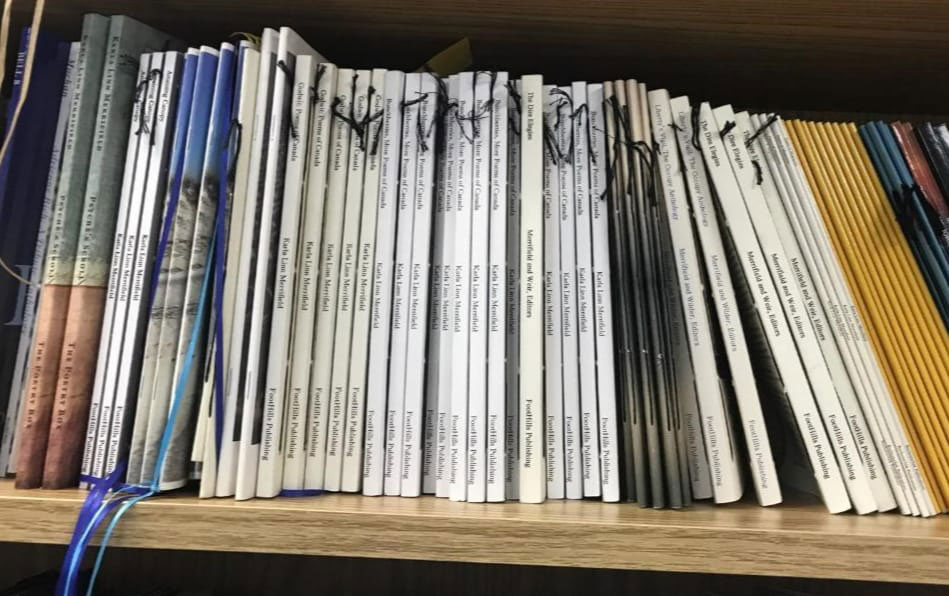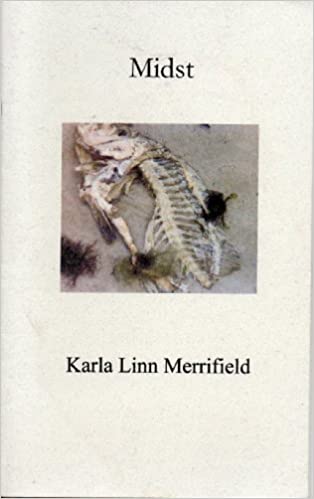Midst
Published by FootHills Publishing, 2004
The Grip
to Tess Gallagher
My Pacific intertidal life guide clearly
identifies today’s find as a common acorn
barnacle, specifically Balanus glandula,
staking also its claim to fame: a naked
tenaciousness, possessing as it does one
of the strongest known natural adhesives.
But I passed over their chitinous craters filled
with moist, gray, blank eyes of primitive
meat & attendant barbed legs yet feeding,
to study ones long gone to crows & gulls,
shells of former simple selves holding,
holding on, outlasting, yes, even death.
I had to be my own life guide, perceive
such creatures as the antithesis of morning
mists over the strait straying off so easily
into thinnest of air at the slightest touch
of light. I came to know them quite clearly
otherwise, those old soul barnacles, those old lovers.
DESCRIPTION
I can’t help it, won’t help it: I hear voices. It’s been happening over the past several years as I have traipsed up the backwaters and into the wilder regions of the North American continent. As I traveled, I left behind Ruskin’s pathetic fallacy that had taught me to avoid imbuing the natural world with human feeling. I left behind the work of many modern poets who have used the pathetic fallacy to ironically emphasize the loss of communion between the individual and the natural world. But I stuffed into my backpack the belief that that communion could be regained and that the natural world could imbue me with its feelings. And it did.
The process for the resulting poems I wrote of such close encounters was twofold. Being a creature of Western culture and having been a student of the scientific method, I lugged my guidebooks with me and took as my departure point the identification, the naming of the beings I met in field and stream. I nailed down the Linnaean nomenclature for each beast—and then I stared (as poet William Heyen first instructed me to do).
I find that if I stare long enough, listen well enough along the unbeaten paths, the animals will speak, pleading their cause, informing the human condition. With this slim volume of poems I invite readers to hear what the carp, cod, halibut and others of their kingdom have to say. I invite my readers to commune, to be in the midst.




